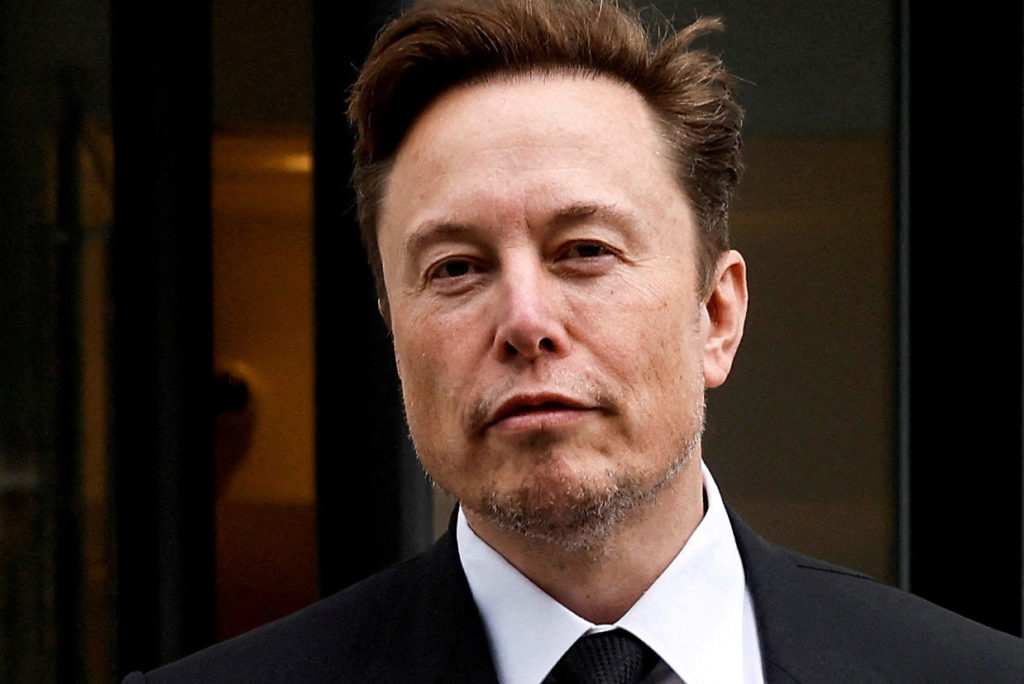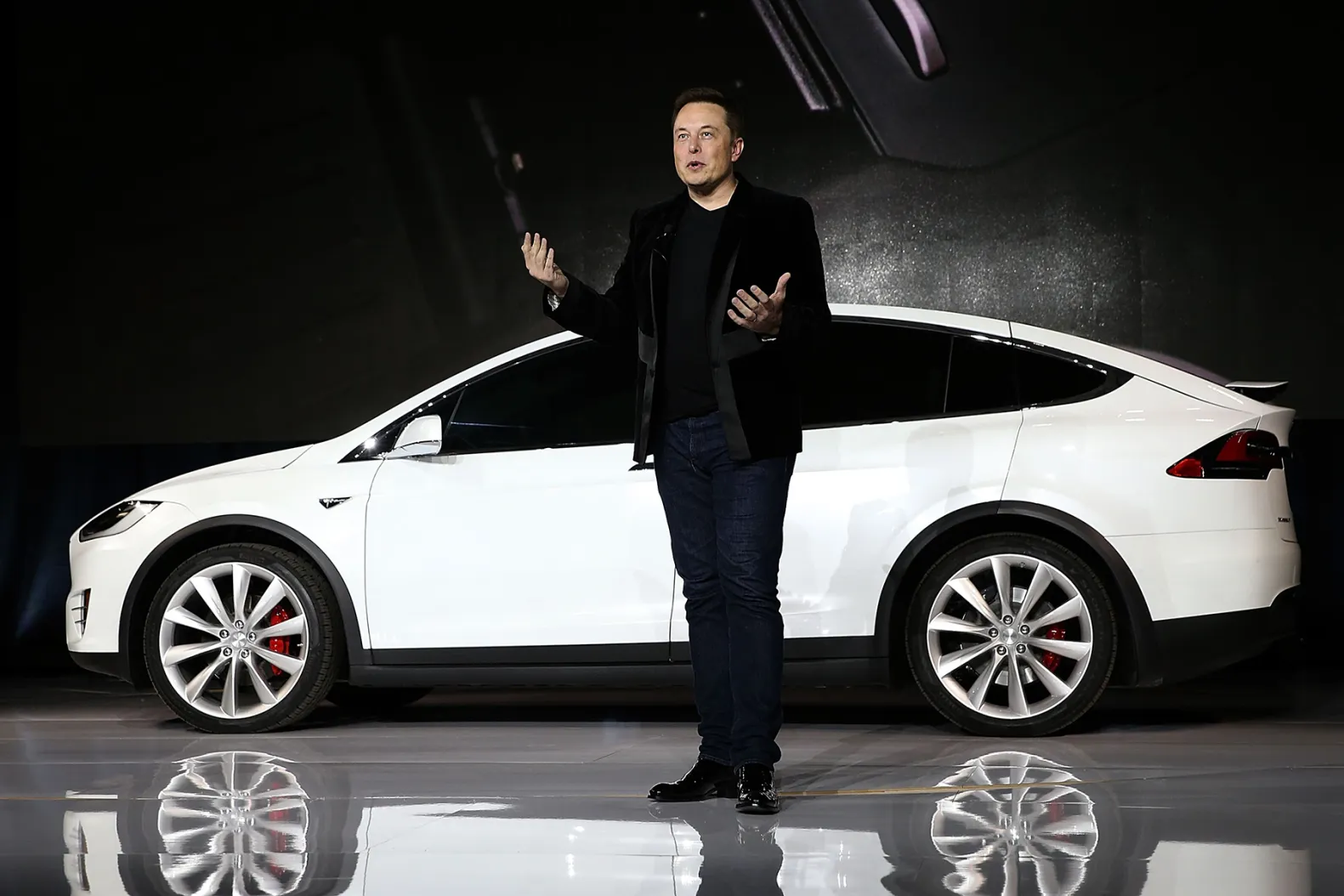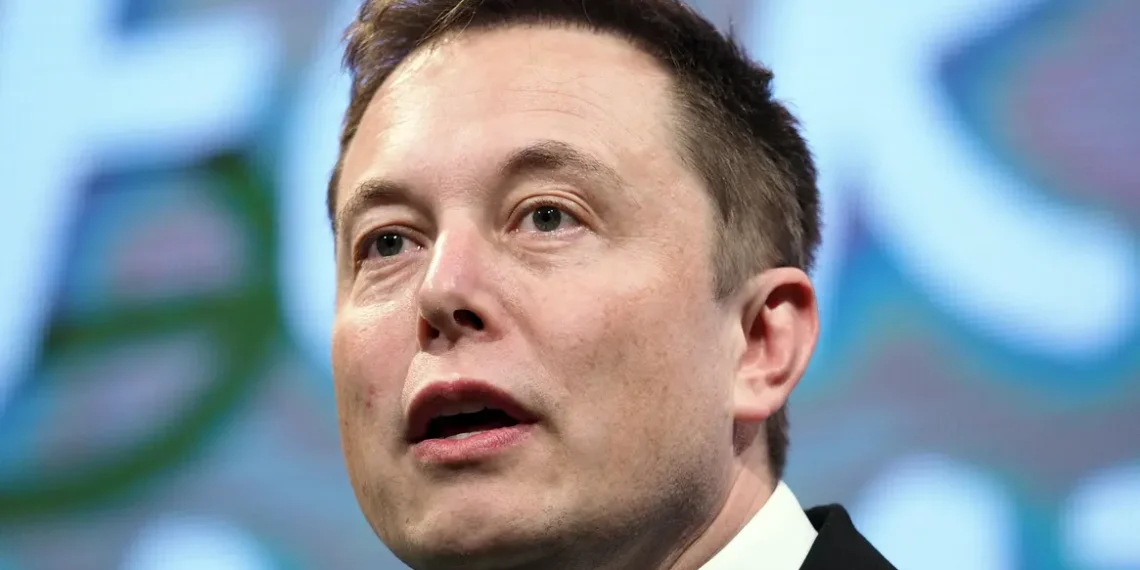Tesla and Elon Musk are employing a legal strategy to resurrect Musk’s $56 billion compensation package, leveraging an overlooked provision in corporate law.
Despite a Delaware judge’s prior annulment of the 2018 pay deal, Tesla is proposing a shareholder vote to potentially reinstate it.
This approach hinges on a little-known segment of Delaware’s corporate law, allowing companies to rectify procedural errors that would otherwise invalidate board decisions.

Tesla acknowledges the novelty of this tactic, noting uncertainty regarding its reception under Delaware law.
Legal experts express skepticism, emphasizing that the provision is intended to address minor boardroom oversights, not to reverse significant court rulings. Eric Talley, a Columbia Law School professor, views it as a “Band-Aid” solution, not a remedy for major legal setbacks.
Tesla justifies its proposal by citing shareholder discontent following the Delaware judge’s ruling. The judge found Tesla directors lacked independence when endorsing the lucrative package and failed to negotiate with Musk adequately.
Tesla’s proposal seeks to address these concerns by having an independent director review the pay deal’s alignment with shareholder interests and granting shareholders the opportunity to reevaluate the deal after reviewing the court’s findings.

The proposal does not address the negotiation flaws highlighted by the judge. It neither offers Musk a new compensation package nor engages new consultants to scrutinize the existing one.
While some experts believe shareholder approval could bolster Musk’s position in potential appeals, others anticipate a surge in shareholder litigation.
Questions arise regarding the propriety of compensating Musk for past performance without clear shareholder benefit.




